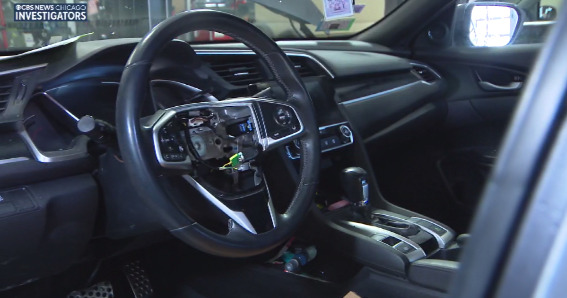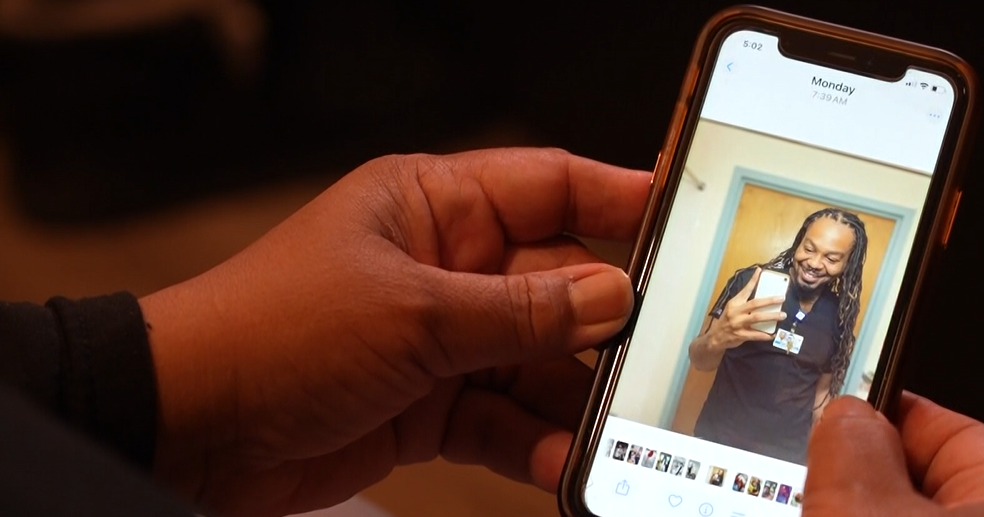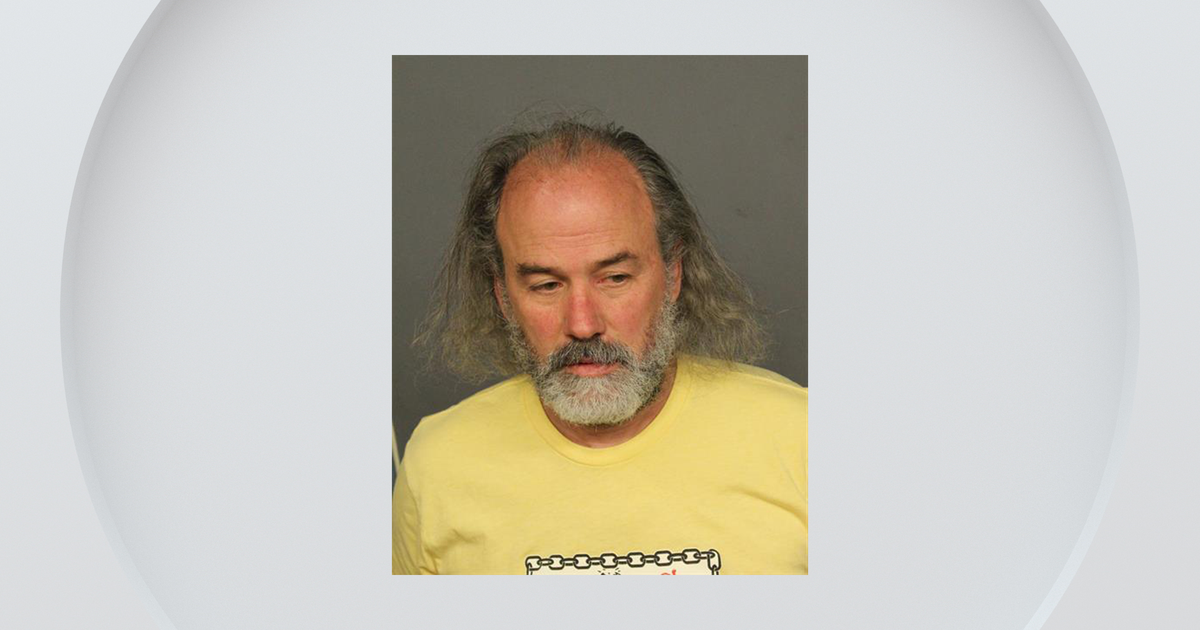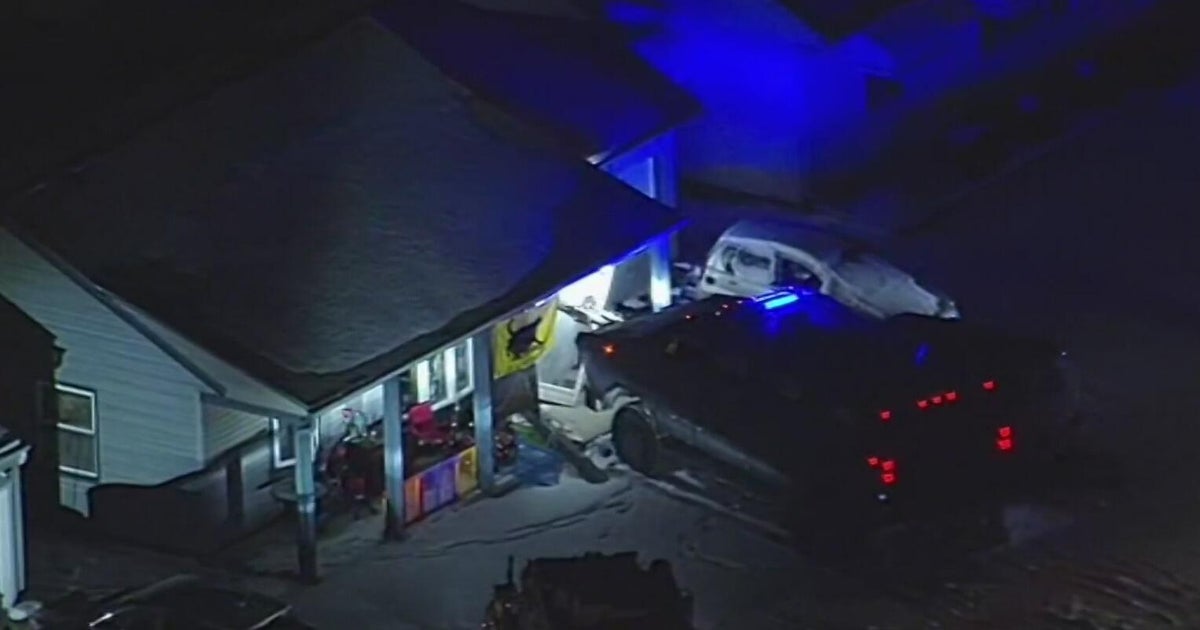Are you getting paid? Wage theft not uncommon in South Florida
MIAMI - Roofing in South Florida can be demanding, dangerous and physically draining.
Alejandro Perez Gonzalez found himself high up on Miami-Dade roofs in 2019 and 2020 working for Chow Roofing at a rate of $130 a day.
"At the beginning, he would pay us, but at the end, he did us wrong," Perez Gonzalez told us through a translator.
That 'wrong' is something called 'wage theft.'
Wage theft is defined as anytime a worker doesn't receive wages to which he or she is legally entitled for their labor. In general, it applies to 'hourly workers' and not salaried positions.
Examples of wage theft include paying less than the minimum wage, not paying overtime, not allowing workers to take breaks, requiring off-the-clock work, or taking tips.
In South Florida, it happens in the construction industry, to farmworkers, home health and child care workers, in hotels and in Florida's booming restaurant business.
"I worked at every corporate restaurant you can think of, in multiple positions," says Josh Windheim.
During 16 years of being a South Florida server, bartender, and manager, Windheim says he learned he was cheated on his wages and tips.
"It can be tips at the end of the night, the bartender getting more. The manager not showing you the printout...and it adds up to something bigger."
"There's always been that wow, how could you do this after everything, coming in on days off, buying your uniform and being a 'yes' man. It's hurtful," he says.
To recover the wages he says he lost, Windheim sought the help of labor lawyer Jordan Richards with USA Employment Lawyers in Fort Lauderdale.
"Sometimes an employer has no idea that laws apply in their situation. It's not a defense. Others think they are complying with the law and they are not," he says.
Richards says he has had success winning wage theft cases in court. "We've had several restaurants in South Florida that have settled four to five hundred thousand dollar class action cases. We just filed a suit against a company in Pennsylvania and New York and expect damages to be in the seven figures," he says.
Since Florida has no state agency handling unpaid wages, you can fight your case in civil court or go to the county.
Both Miami-Dade and Broward have wage theft ordinances.
In Miami-Dade, the wage recovery process involves filing paperwork and going to the Consumer Mediation Center in Miami, where disputes are handled.
Data shows before the pandemic in 2018 and 2019, 1,503 wage dispute cases were filed in Miami-Dade. Workers say they lost about $3 million in that time period. Of that, a hearing officer determined $741,000 was to be repaid.
In Broward, the process is similar. You file the paperwork with the county and go to an administrative hearing. The county says just 179 workers filed cases in 2020, 2021 and 2022.
Winning and collecting though are two different matters.
It's what Alejandro Perez Gonzalez has learned.
"My family here and in Guatemala were affected. They would ask why I couldn't send money and would ask why at the time we couldn't make ends meet."
Perez Gonzalez sought help from the outreach group 'We Count.' He and five other roofers filed complaints with Miami-Dade to get back the wages they say they lost. They won.
Chow Roofing was ordered to pay Perez Gonzalez $5,910.
But after three years of trying, including a protest in front of the owner's home, he says he hasn't seen a dime.
"Aside from nonpayment, he intimidated us, calling immigration wanting us to be sent back to Guatemala," he says.
Chow Roofing denied all allegations.
But generally, those kinds of threats aren't unusual for the undocumented, says Miami Workers Center immigrant worker organizer Norma Uriostegui.
"There is an extra layer of fear because of immigration or misinformation. They think they don't have any rights, when labor laws do cover them," she says.
The worker's center will call an employer to try to resolve a wage dispute but encourages workers to advocate for themselves.
"Keep track of your hours and know your rights to the minimum wage," says Uriostegui.
Now, Perez Gonzales is trying to get back the wages he says Chow Roofing owes him, through the small claims court process.
"Ultimately he's laughing in the face of the law," he says.








